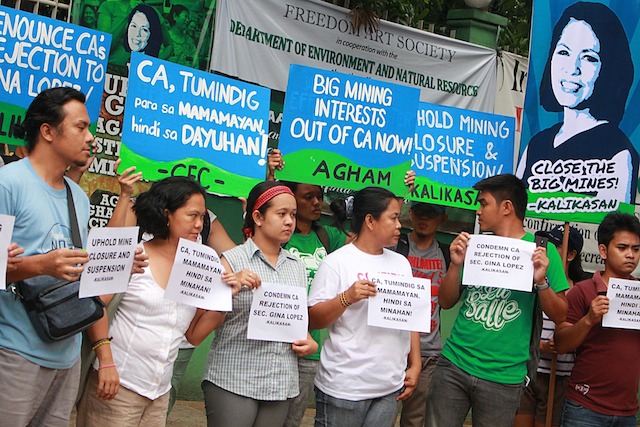![]()
Trolls want to dominate social media and if they win, even those who support President Rodrigo Duterte will lose.
What are trolls? Trolls are online entities that derail normal online conversation by posting inflammatory, off-topic messages to provoke an emotional response. (READ: Propaganda war: Weaponizing the internet)
Being merely outspoken and opinionated doesn't make you a troll. But you are a troll if you attack others out of malice, and with no other goal than to attract attention or disrupt conversation.
You might already know that many trolls are fake – either they are paid hacks or bots that can generate thousands of social media posts.
The paid hacks are real people hired by a company or individual to post controversial or malicious things online, usually through multiple fake accounts, to provoke a response, for which they are paid more.
Bots, through programming, can post the same message thousands of times through different fake accounts.
Both bots and paid hacks can spread message and fake sentiment through the online sphere like wildfire. The bots do this by sheer number, the paid trolls do this by diligence since they are driven by profit.
Then there are trolls who are real people, who just choose to act like schoolyard bullies online. They hijack conversations, fling malicious insults, and make unfounded accusations for their own reasons, whether it be loyalty to their hero or a desire to be an Internet sensation.
These trolls are fewer in number than bots or paid hacks, but they are more influential, since they are real people who attract a following because of their perceived "authenticity."
Trolls aim to succeed in swaying your opinion or influencing your actions by doing any of the following:
- They use curses and hatred-fueled outbursts to win you over with their human-ness and authenticity. Their way with language is intentionally provocative to attract you to watch their videos or read their rants.
- They exploit confirmation bias, or your tendency to search for, favor, or interpret information in a way that affirms your pre-existing beliefs – for instance, your loyalty to Duterte, or hatred for Duterte. If you are a Duterte supporter frustrated with the negative news about Duterte, trolls play to your feelings by giving you someone to blame: the “bayaran” (paid) media who twist Duterte’s words or the “destabilizer” Vice President Leni Robredo.
- They embellish hatred with the gleam of “patriotism.” Trolls will have you insult others, particularly those they deem as enemies, for the “good of the country.” They turn an act that is the epitome of baseness into one that is noble.
The first step to resisting these trolls is to be aware. Be aware that though they claim to be fighting for some greater good (the country’s, for instance), they may be driven by less noble intentions – be it to make profit, increase their number of followers, or to construct a reality they want you and other netizens to believe (for instance, the narrative that the President can do no wrong and all those who say so are corrupt).
What trolls are out to do
Trolls want to sway public opinion, not through sound logic or analysis, but by simply constructing opinion. Hundreds of thousands of bots tweeting versions of the same message can persuade real people that a certain sentiment is dominating, even if it’s not.
They’re out to reduce your world into false dichotomies: Diehard Duterte Supporters vs Yellowtards, or Bloggers vs Corrupt Media.
But the real world, where we live in and breathe, where we suffer the consequences of our actions and choices, is so much more complex than that.
To wit: Not all Duterte supporters are “DDS” or “Dutertards.” There are many who are discerning and critical, who don’t resort to ad hominem attacks when defending the President. Not all people who are critical of the President are loyal to the “yellow” Liberal Party. Not all media are corrupt, and not all bloggers tell the truth. (READ: 'Fake news' is not journalism)
Don’t let trolls reduce your world into blank and white, when it actually comes in rainbow hues. Appreciate an issue for all its subtleties and complexities, and don’t let trolls impose a simplification that leaves out the complete picture.
The trolls are desperate to stifle any attempt to question their manufactured reality. Those who voice out their misgivings about Duterte’s policies should feel free to do so without fear of getting bullied online.
But trolls lost no time in threatening rape on a women’s rights advocate who spoke out against Duterte.
"Ul*l. T*ngina mo. UP ka man din galing, pero utak dilis ka. Bobo ka ang pangit mo. Sana ma-rape ka, manakawan ka. 'Yan gusto mo, 'di ba?" said one troll.
(Stupid. S*n of a b*tch. You are from UP but you have the brain of an anchovy. You're stupid and ugly. I hope you get raped, or get mugged. That's what you want, right?)
During Malacañang press briefings, trolls flood the Youtube or Facebook livestream with curses and threats directed at the reporter asking questions.
When, in a post-Marcos era, has it been wrong to question government policy or express a contrary opinion? It has become wrong again, in an era of trolls.
We all stand to lose
Netizens of all beliefs, be it Duterte defender or Duterte hater, stand to lose if the trolls win. (READ: Block a troll today)
This is obvious for the Duterte hater because the most active and vicious trolls are those that defend Duterte. Those who speak against the President are their obvious victims.
But the Duterte defenders are victims of the trolls as well. Trolls feed those loyal to Duterte with lies and half-truths. Trolls make the rest of the world believe that all those who support Duterte are as vindictive and vulgar as they are. The President’s supporters who wish to point out his mistakes so as to help him be a better leader will stay silent, fearing foul-mouthed retribution.
Trolls make it impossible for healthy and constructive debate to take place online. They would reduce public discourse to who can type the meanest slurs or the most number of all-caps letters and exclamation points.
They do this because a world where respectful and logical argumentation takes primacy is a world where they are irrelevant.
Trolls, particularly the bots and paid hacks, are destructive also because they make us suspicious of who we engage with online.
Most of the time, I avoid responding to comments or tweets fearing I may just be addressing a fake person or rewarding a paid troll with more payment.
This is perhaps the most destructive aspect of the troll phenomenon. It has discouraged us from even listening or responding to each other because we suspect one another to be fake. Trolls have killed dialogue before a dialogue can even begin.
Trolls have no doubt found their way into your news feed. You may even come to realize that your own Facebook friends have become trolls or are echoing messages of trolls.
Resist the trolls by not spreading their message and not using their language. Don’t share fake news they spread. Don’t resort to crude attacks against people you disagree with, whether pro-Duterte or anti, or in between. Don’t condemn people trolls tell you to condemn, do your own fact-checking first.
Don’t be swayed by their siren’s call and don’t be cowed by their aggression.
Trolls only shout to hide the absence of logic in their arguments, and resort to meanness because they have no other way to get your attention.
Instead of spending time on trolls, use your time wisely by really listening to those whose opinions differ from you. (READ: Is there limit to online hate?)
If you are a Duterte supporter, listen or read the views of a Duterte critic. If you are a Duterte hater, take the time to understand the position of those who defend Duterte.
Make it your personal policy to avoid those who argue using curses, threats, and malicious insinuations. Call out people who resort to this style of “debating.”
The best way to render trolls irrelevant is to insist they have no place in a healthy exchange of minds. – Rappler.com
![]()










 Incentives play a key role in our daily lives. We can induce people to act in one way or another by changing the benefits and costs that they face.
Incentives play a key role in our daily lives. We can induce people to act in one way or another by changing the benefits and costs that they face.
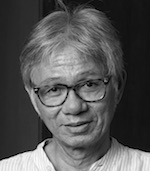

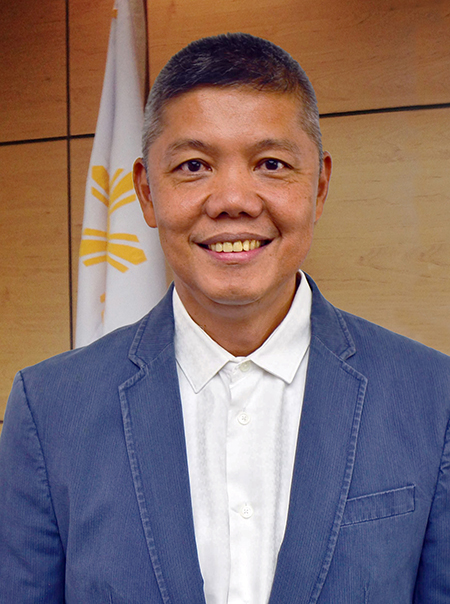


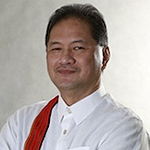


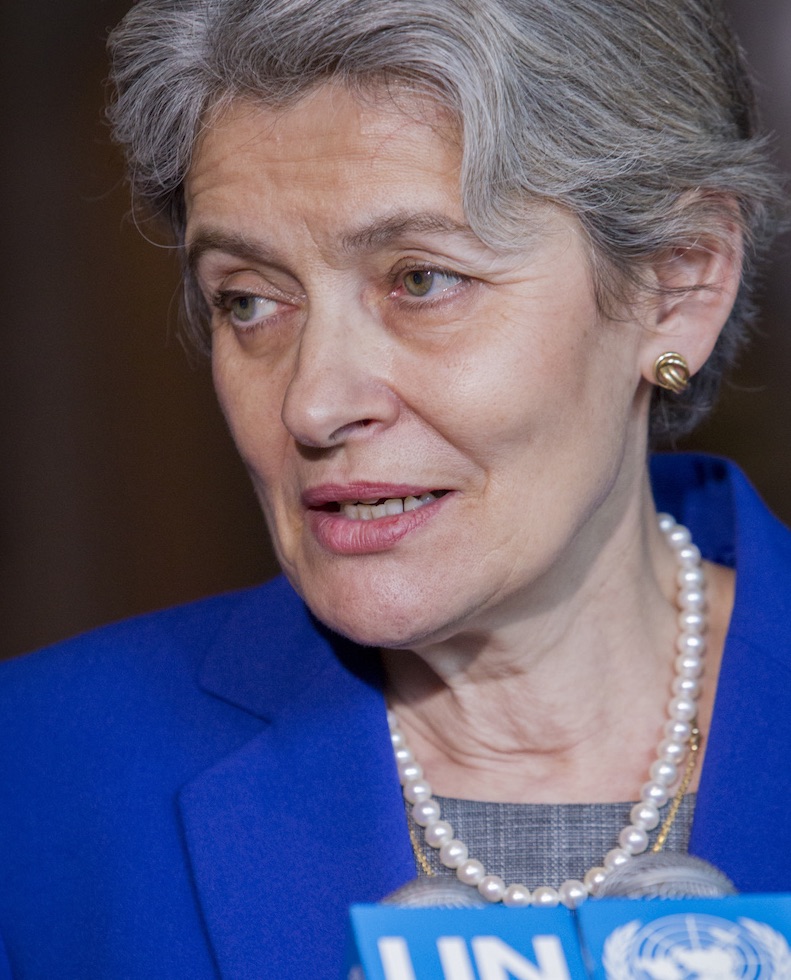



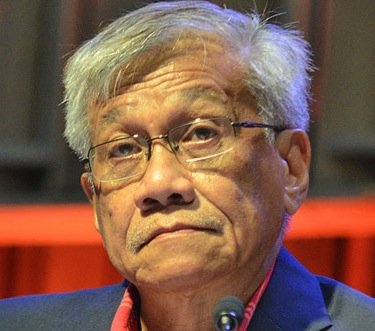










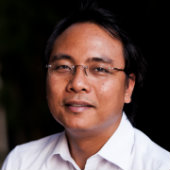



 ( I wrote this post in my personal capacity. My views here are solely my own and do not necessarily reflect the views of the institutions where I work.)
( I wrote this post in my personal capacity. My views here are solely my own and do not necessarily reflect the views of the institutions where I work.)